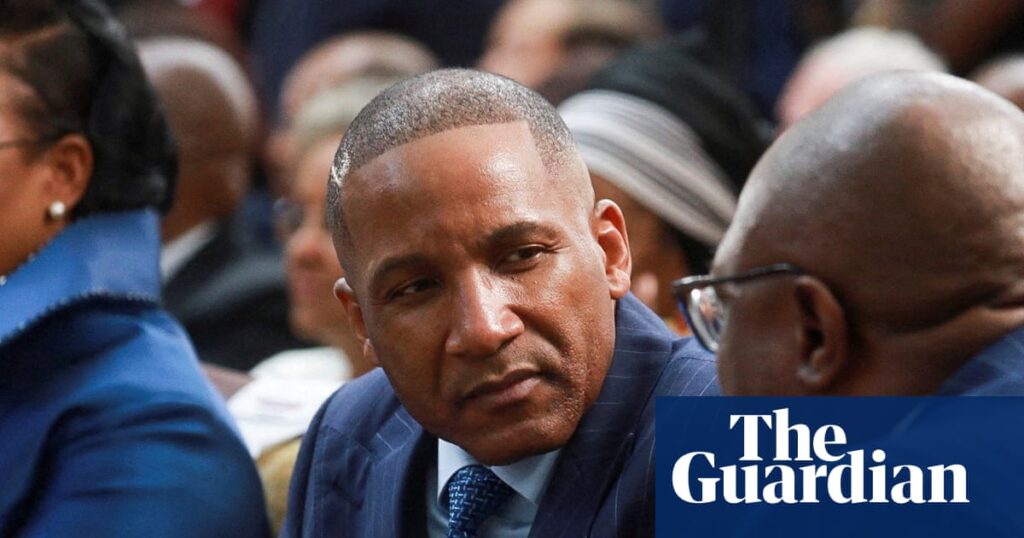Botswana’s president has declared a public health emergency due to shortages of essential medicines and equipment, as a downturn in the global diamond market and US aid cuts take a toll on the country’s finances.
The announcement came after the Ministry of Health suspended non-urgent surgeries on 4 August, stating that the country was short of medicines to treat hypertension, diabetes, cancer, asthma and eye conditions, as well as supplies including bandages and sutures and those for sexual and reproductive health.
The president, Duma Boko, said in a televised address on Monday night that the country’s medical supply chain had failed, as he announced 250m pula (£13.8m) in funding for emergency medicines, the distribution of which would be overseen by the military.
Boko blamed the state procurement agency Central Medical Stores (CMS), which he said in turn blamed middlemen, for ratcheting up drug prices in the southern African country, which has a population of about 2.5 million and is the world’s largest diamond producer by value.
He said: “The current prices often are inflated five to 10 times. And under the current economic conditions, this scenario is not sustainable.”
Boko, who defeated the party that had been in power for six decades in elections last November, said the CMS had quoted 705m pula for a year’s worth of the medicines that Botswana needed. Meanwhile, a new emergency taskforce received a quote of less than 80m pula.
Thabo Seleke, a University of Botswana lecturer, said the CMS was plagued by dysfunction, inertia, unmet reform pledges and corruption allegations, adding: “There have been yearly reports from the auditor-general, which … flagged incomplete procurement records, missing contracts and recurrent delivery delays.”
Also feeding into the problem is the dire state of Botswana’s economy and public finances, which contributed to Boko’s victory last year. There is no end in sight for the three-year downturn in the price of diamonds, which in 2024 accounted for about 25% of Botswana’s GDP, one-third of government revenues and 80% of exports, according to the International Monetary Fund. The economy shrank by an estimated 3% in 2024.
Zoë McCathie, an analyst at the consultancy Signal Risk, said: “The diamond downturn has been a lot more sustained than diamond mining companies and the state itself had initially predicted. As a result, the state was not as prepared for this as it could have been.”
The Ministry of Health, in its 4 August statement, said it owed 1bn pula to “private health facilities and supplies, amongst others”.
Botswana is a world leader in tackling HIV/Aids. In 2000, one in eight children were born with HIV. In 2023, it was fewer than 100. Earlier this year, it became the first country with a high HIV-positive population to be awarded the World Health Organization’s gold-tier status for eliminating mother-to-child – or “vertical” – HIV transmission as a public health threat.
However, while Botswana buys its own antiretroviral drugs to treat HIV, it has also been hit by US aid cuts announced in January. Before the cuts, the US funded about one-third of the country’s HIV response, according to UNAids – $55m (£41m) annually from the US president’s emergency plan for Aids relief (Pepfar) and $12m via the Global Fund to Fight Aids, Tuberculosis and Malaria. Some, but not all, global Pepfar funding has since been restored.

